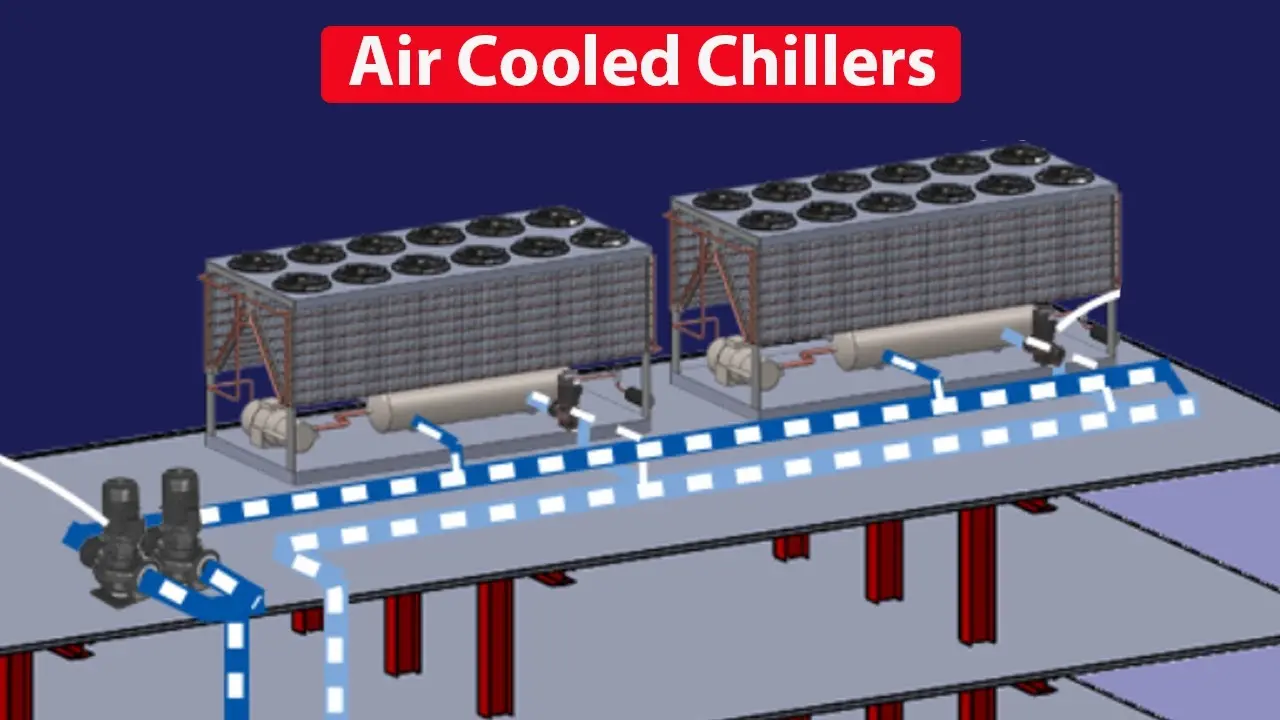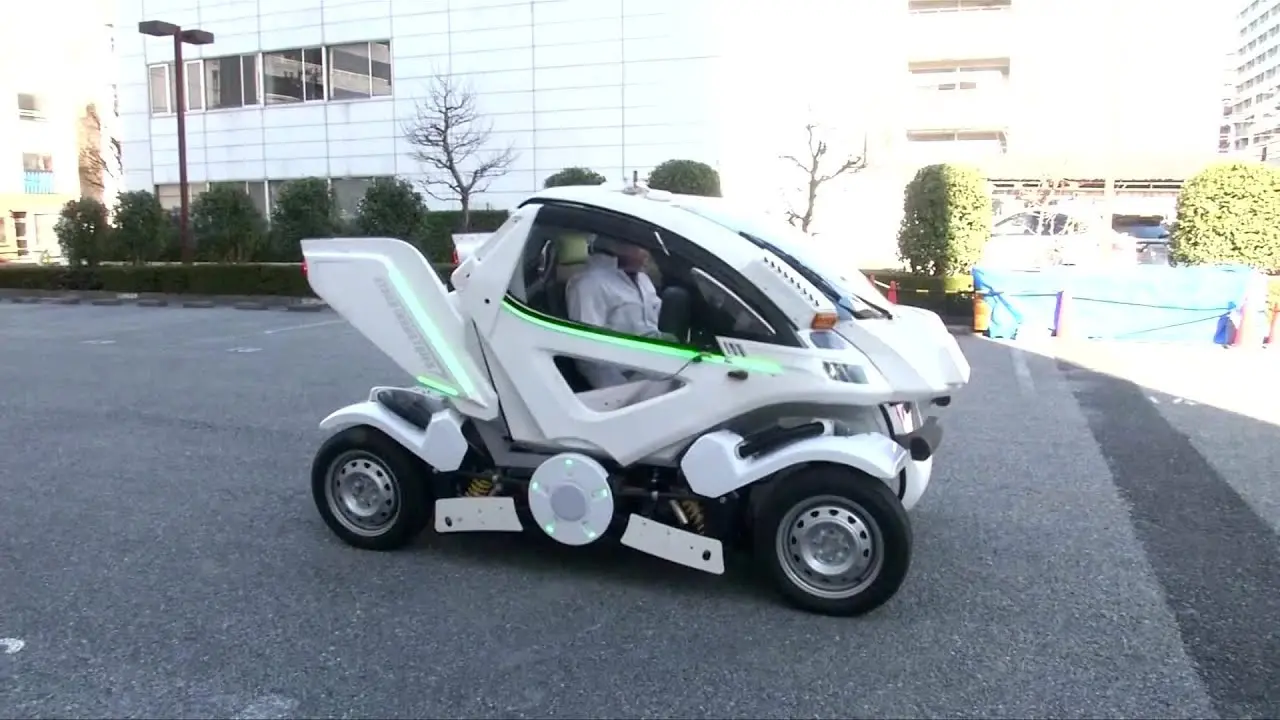Heating, Air Conditioning, and AC: Essential Solutions for Comfort and Efficiency
Heating, air conditioning, and HVAC systems are essential for maintaining comfort throughout the year. Efficient systems reduce energy bills, improve indoor air quality, and ensure consistent temperatures. Regular maintenance, including smart thermostat use, can extend system life, prevent costly repairs, and optimize energy use. Proper installation and timely repairs are crucial for long-lasting performance.
Maintaining a comfortable environment within your home or workplace throughout the year is essential, and it’s heavily reliant on the proper functioning of heating, air conditioning, and HVAC (heating, ventilation, and air conditioning) systems. These systems are designed to ensure that your indoor temperature remains suitable regardless of the weather outside, but efficient management and regular maintenance are key to prolonging their lifespan, improving energy efficiency, and reducing operational costs.
Key Considerations for Heating and AC Systems:
- Energy Efficiency:In an era where energy costs are rising, the focus on energy-efficient systems has become paramount. Investing in modern, energy-efficient heating and air conditioning systems can help reduce your carbon footprint and lower your energy bills. Many HVAC systems today are equipped with variable-speed motors, smart thermostats, and other advanced technologies that enable them to adjust power consumption depending on the heating or cooling demand. Energy Star-rated appliances are a good choice for homeowners seeking to enhance energy efficiency as they often perform better than older, less efficient models.
- Regular Maintenance:Like any other appliance, your HVAC system requires regular maintenance to ensure it operates at its best. This includes replacing or cleaning filters, checking refrigerant levels, ensuring ducts are free from blockages, and inspecting components such as thermostats, motors, and coils. Neglecting these routine checks can lead to reduced efficiency, unexpected breakdowns, and a shorter lifespan for your system. Experts recommend a professional inspection at least once a year, ideally before the seasonal change when heating or cooling is most needed.
- Smart Thermostats:The use of smart thermostats has revolutionized home temperature control. These devices learn from your usage patterns and adjust heating or cooling based on your habits, optimizing energy use. Smart thermostats can be controlled remotely via mobile apps, which means you can adjust your home’s temperature while you’re away, ensuring your system isn’t running unnecessarily and saving energy. Many models also allow you to set schedules and provide insights into your energy usage, further aiding in energy conservation.
- Types of HVAC Systems:There are different types of heating and air conditioning systems available, and choosing the right one depends on the size of your home, your budget, and your specific needs.Central Heating and AC: This system is the most common, using ducts to circulate heated or cooled air throughout the home. It provides consistent temperature control and is ideal for larger homes with multiple rooms.Ductless Mini-Split Systems: These systems are perfect for homes that lack existing ductwork or for those who want to control temperatures in individual rooms. These systems are also more energy-efficient than traditional central systems.Heat Pumps: A heat pump is a versatile system that can heat and cool your home by transferring heat between the indoors and outdoors. It’s especially efficient in mild climates and offers an environmentally friendly alternative to traditional heating and cooling methods.
- Signs of Trouble:Monitoring your HVAC system for potential issues is crucial to avoid costly repairs. Some common signs that your system may require service include:Strange noises, such as grinding or rattling sounds, which could indicate mechanical issues.Inconsistent temperatures throughout your home, which may signal duct leaks or issues with the system's airflow.Higher-than-usual utility bills, which can occur when the system is working harder than necessary to maintain the desired temperature.Frequent cycling or a system that turns on and off unexpectedly, which may indicate thermostat or mechanical problems.
Benefits of Proper HVAC Installation and Repair:
- Comfort:A well-maintained HVAC system ensures consistent indoor temperatures, contributing to overall comfort. Whether it’s the dead of winter or the height of summer, a properly functioning system can provide optimal heating and cooling for your home or business.
- Longevity:Regular maintenance and professional installation help extend the lifespan of your heating and cooling systems. An HVAC system that receives the proper care can often function for 10 to 15 years, while systems that are neglected may need repairs or replacement far sooner.
- Health:An often overlooked benefit of maintaining your HVAC system is the improvement in indoor air quality. Clean filters and well-maintained ducts prevent the circulation of allergens, dust, mold, and other pollutants. This is particularly important for individuals with asthma, allergies, or other respiratory issues. Furthermore, good airflow ensures that the humidity levels inside your home remain balanced, preventing mold growth and promoting a healthier living environment.
Choosing the Right Professional for Installation and Repairs:
The importance of selecting a skilled HVAC technician cannot be overstated. Whether you’re installing a new system or repairing an old one, a certified and experienced technician ensures that the job is done correctly. A licensed professional can also advise you on the best options for your home and budget, helping you select systems that meet your needs. Many companies offer regular maintenance plans, which can help keep your system in top condition and reduce the likelihood of expensive repairs.
Before hiring, be sure to verify the technician’s credentials, experience, and customer reviews. Trusted professionals will not only ensure the correct installation of the system but will also provide valuable tips for maintaining it and maximizing its efficiency over time.
Conclusion:
Investing in high-quality, energy-efficient HVAC systems, and committing to regular maintenance, offers significant benefits in terms of comfort, cost savings, and health. From smart thermostats that optimize your energy usage to advanced filtration systems that enhance air quality, modern HVAC technology provides solutions for every home. Regular care, prompt repairs, and professional installation are essential for keeping your system running smoothly and efficiently, ensuring a comfortable indoor climate year-round.
Explore

Maximizing Efficiency: How Industrial Air-Cooled Chillers Are Revolutionizing Cooling Systems

How to Secure a Bank Job: Tips and Opportunities
Freelance Bookkeeper Job: How to Start Your Career and Succeed in the Growing Market

Top Trends in Apartment Rentals: What Renters Need to Know

Building Your Dream Home: Expert Tips for a Successful Construction Journey

Revolutionary Foldable Cars: The Future of Transportation

Unlock Your Future: How an Immigration Attorney Can Help You Navigate Your Path to a New Life

Work From Anywhere: How to Earn Big with Online Jobs & Email Marketing
